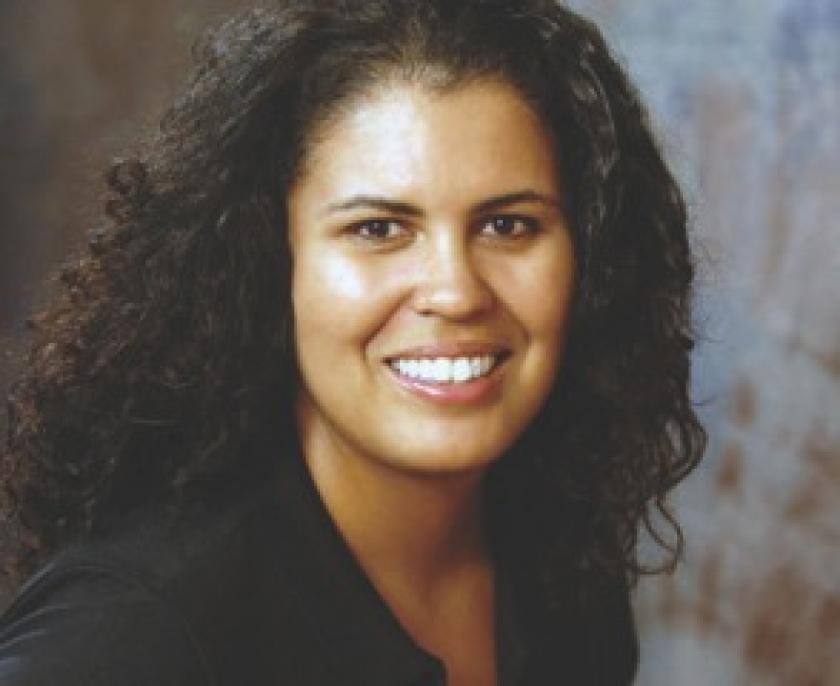
 GSLIS affiliated faculty
member Safiya Noble (MS ’09, PhD ’12) was interviewed by the University of
Illinois News Bureau for their campus feature A Minute With… where she
discussed how stereotypes, especially of black women and girls, affect results in search
engines. This topic was the core of Noble’s doctoral research, and her dissertation
was titled, "Searching for Black Girls: Old Traditions in New Media." Noble
is an assistant professor in the Department of African-American Studies at
Illinois. The interview was conducted by Craig Chamberlin, social sciences editor at the University of Illinois News Bureau.
GSLIS affiliated faculty
member Safiya Noble (MS ’09, PhD ’12) was interviewed by the University of
Illinois News Bureau for their campus feature A Minute With… where she
discussed how stereotypes, especially of black women and girls, affect results in search
engines. This topic was the core of Noble’s doctoral research, and her dissertation
was titled, "Searching for Black Girls: Old Traditions in New Media." Noble
is an assistant professor in the Department of African-American Studies at
Illinois. The interview was conducted by Craig Chamberlin, social sciences editor at the University of Illinois News Bureau.
You have talked about a demonstration you’ve done with students in which you type “black girls” into the Google search box. What comes up in the results? And why is it of such concern?
When I conducted my study in 2011, I found that a search on the term “black girls” yielded a host of pornographic websites. In fact, the top hit on Google’s PageRank at that time, using Google’s default settings, was particularly explicit. That’s problematic, for sure. While the results have shifted over the past two years, there are still many websites and ads on the first page of Google search results for “black girls” that might present a challenge – they reflect highly sexualized and stereotypical ideas about black women and girls.
Some might say that is a natural reflection of search users’ interests, even if they don’t like some of the results. What are we missing in seeing it that way?
Search engines do retrieve popular websites, certainly. However, they also retrieve sites that have been optimized, which means both money and technical skill have been used to help drive some sites up to the first page. The advertising that shows up on a page when you search for “black girls” is pornographic – and studies show that many people do not know the difference between paid and unpaid results on a page. What I am concerned with is how women are presented in these ways, because most people don’t look beyond the first two pages. We need to be concerned that women and girls are often misrepresented in sexist ways, and it is more explicit for women of color.
What questions do we need to be asking about what we find through search engines?
Google dominates the market and is the most highly used search engine, but we need to be questioning the reliability and trust we have in search engines when it comes to how they characterize people and communities. It’s a great technology for finding some things like the phone number to the pizza parlor in our neighborhood, but it’s not so reliable for understanding the complexities of culture and gender in our society.